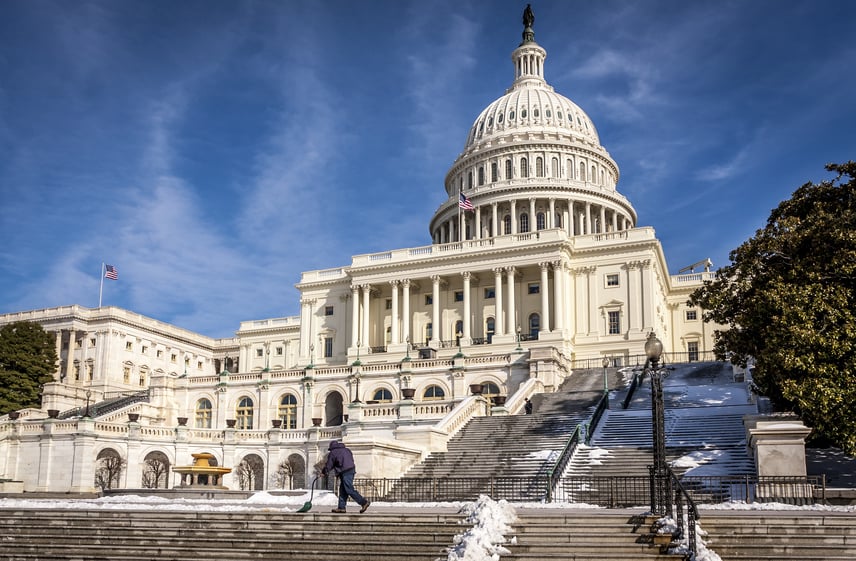Last week’s post summarized the key findings from the reports and accompanying fact sheet published by the White House on Supply Chain resilience pursuant to Executive Order 14017 “America’s Supply Chains” (“the Reports”). In this post, we dive deeper into the supply chain transparency and governance recommendations made with respect to regulations governing sourcing of critical minerals.
This portion of the Reports outlined findings and recommendations pertinent to companies managing critical minerals supply chains, including cobalt, graphite, and lithium. First, the Reports conceded that, although onshoring more of the strategic and critical minerals production chain is in the United States’ strategic defensive and economic interests, this process will take years given the technical and manufacturing expertise required to support such a transition. In addition, the Reports discussed the risks posed by disruption and instability along the critical minerals production chain stemming from links with organized crime and human rights abuses. Lastly, in line with the administration’s prior commitments to integrate climate change management strategies at every level of government, the Reports also noted the increasing role that critical minerals play in green energy development and energy conservation solutions.
Importantly, alongside recommendations to encourage onshoring, the Reports focused on responsible sourcing of critical minerals and included policy recommendations intended to promote greater transparency to improve stability and combat abuses in critical minerals supply chains abroad. These recommendations are likely to lead to increased obligations on corporations to monitor human rights and other ESG-related violations. The Reports began by recommending that the United States pursue greater support for and collaboration with multilateral groups including the Energy Resources Governance Initiative (ERGI), Initiative for Responsible Mining Assurance (IRMA), and the Extractive Industries Transparency Initiative (EITI). Perhaps most significantly, the Reports directed the SEC to review existing compliance with the obligations of Dodd-Frank Section 1502 (the Conflict Minerals Rule) still intact after a 2015 D.C. Circuit Court of Appeals case partially abrogated the rule, and beef up enforcement actions where possible. In what will likely lead to an expansion of corporate due diligence and reporting obligations, the Reports recommended the Secretary of State to pursue legislative authority to expand the geographic regions covered under the Conflict Minerals Rule beyond the African Great Lakes to include other high-risk areas impacted by conflict, in line with planned comparable regulations in the EU. The Reports further advised that the Secretary of State provide a plan for adequately staffing all existing supply chain transparency and governance initiatives, including those through its Bureau of Energy Resources.
Finally, in a broad demonstration of the Administration’s desire to increase both obligations on and enforcement against corporations with human rights or ESG-related abuses in their supply chains, the Reports instruct the federal government to establish an inter-departmental working group to evaluate and build a plan for promoting increased transparency in mining and finished product supply chains for all materials with “high risk for human rights abuse and corruption.” Those same agencies are also directed to pursue full resourcing on initiatives to trace strategic and critical material supply chains and investigate money laundering, corruption, organized crime links, and human rights abuses, with civil, criminal, and administrative enforcement actions pursued where feasible. Signaling the importance the administration places on supply chain governance and ESG issues, the Reports encouraged President Biden to require periodic updates on this topic by the Attorney General and Secretaries of State, Treasury, Homeland Security, and Labor at the National Security Council and National Economic Council. As we have written previously, the Biden Administration has already pursued other measures to require greater supply chain transparency as a means to promote ESG initiatives; the findings and recommendations in the Reports are yet another step in that direction.
Key Takeaways
- The recommendations in the Reports will likely lead to new and more expansive corporate disclosure obligations under the SEC Conflict Minerals Rule and pose a heightened risk to companies operating without a supply chain due diligence or responsible sourcing program in place.
- In addition to human rights-related abuses, the Reports specifically mention a desire by the Biden Administration to ramp up enforcement related to money laundering and corruption in corporate supply chains, which could lead to greater scrutiny and enforcement of potential Foreign Corrupt Practices Act (FCPA) violations in supply chains. Corporations that have focused FCPA compliance programs only on distribution and agency relationships should consider risk-based approaches to extending diligence and related program efforts into supply chains.
- In light of the administration’s continued signals that it plans to pursue greater integration of supply chain ESG initiatives in corporate disclosure obligations, even those companies who do have responsible sourcing compliance processes in place should evaluate existing risk and consider developing more robust compliance regimes for supply chain transparency and governance.




